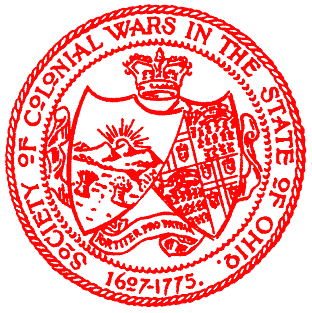1765 - 1769 |
|| | Black Boys Rebellion | || | Rebels vs. Colonial officials |
The Black Boys, so-called because they sometimes blackened their faces during their actions, were upset with British policy regarding American Indians following Pontiac's Rebellion. When that war came to an end in 1765, the Pennsylvania government began to reopen trade with the Native Americans who had taken part in the uprising. Many settlers of the Conococheague Valley were outraged, having suffered greatly from Native raids during the war.
Led by James "Black Boy Jimmy" Smith, the Black Boys - faces blackened and dressed as Natives - confiscated and destroyed a number of supply wagons that were headed to Fort Pitt. Using native tactics the Black Boys were successful in preventing shipments from moving through the valley, and even shot occasionally upon the fort itself.
Tensions slowly dissipated after formal peace in Pontiac's War had been reached, but in 1769, when another war with the Native Americans seemed imminent, the Black Boys started to raid wagon trains again, this time some were captured and imprisoned, only to be broken out by a surprise attack on the fort. Eventually Smith was charged with manslaughter, but was acquitted.
